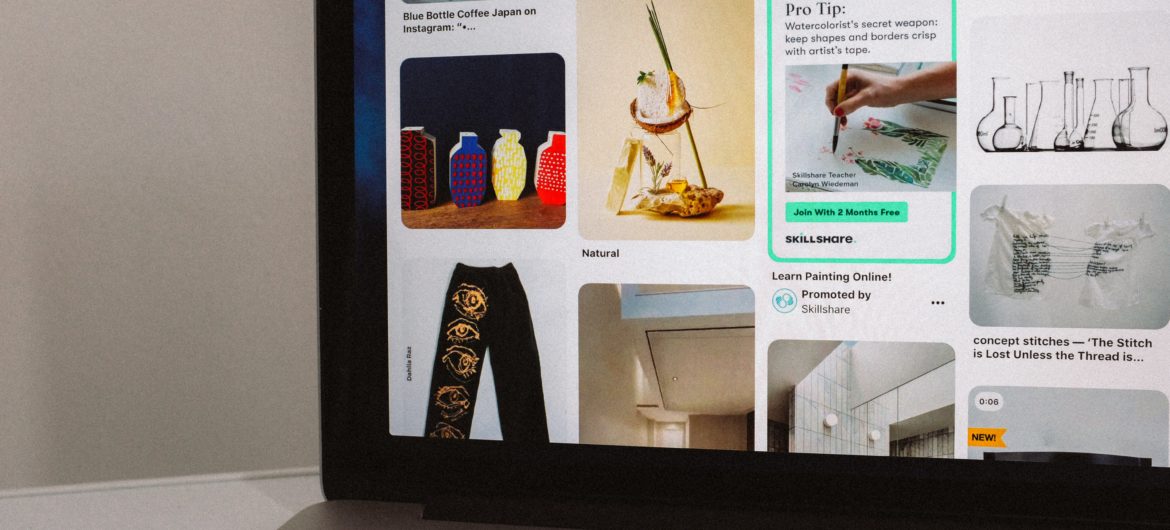We have all seen one too many weight loss adverts on social media promoting products that claim to help you lose weight without you having to make any changes to your lifestyle.
Most of them sound really convincing too, especially coming out of months of lockdown where we were all having a little too much banana bread and baked feta pasta.
There is no doubt that it would be tempting if there were products out there that could miraculously melt away some of the unwanted extra kilos but the reality is that it is not possible.
Some of the false promises you might have seen in weight loss adverts include ‘Lose weight without dieting or exercising’ or ‘If you use this product, you’ll lose weight permanently,’ which is almost impossible.
Adopting a healthy lifestyle takes a lot of work and dedication especially if you are trying to lose weight. It takes time and a lot of discipline despite what some weight loss adverts want you to think.
Another issue with adverts selling weight loss products is that they feed into people’s existing body image issues that are made worse by the unreachable beauty standards that already exist and thrive on social media.
A study from the University of Missouri, involving almost 900 young adults surveyed during the coronavirus pandemic, found that over 40% believed it would be worse to gain 25 pounds (11 kilograms) during quarantine than to be infected with COVID-19.
Which means that almost half of the participants would prefer to contact a potentially deadly virus than to gain weight.
That is why the decision by Pinterest to ban all weight loss related ad’s is a positive step towards promoting body acceptance among social media users.
The National Eating Disorders Association partenerd with the social networking site to update its policy as searches for healthy eating, healthy lifestyle and fitness tips grew within the past year.
The social media giant that reportedly has 478 million monthly active users announced that it would be banning all ads with language and imagery around weight loss as part of a mission to tackle poor body image.
“A lot of people are facing challenges related to body image and mental health, particularly as we’re emerging from COVID restrictions,” said Sarah Bromma, the company’s head of policy in a statement.
“People are now feeling added pressure to rejoin their social circles in person for the first time in a year,” she added.
This comes after their research found that 41% of Brits say they feel pressure to get ‘summer body ready’ – a figure that rises to 78% among Gen Z.
Their data also shows a movement towards body neutrality, – accepting your body for what it does rather than worrying about what it looks like – with searches for ‘body neutrality’ up by 500% while searches for ‘body acceptance quotes’ are up by seven times the previous norm.
Elizabeth Thompson, the Interim CEO for the US National Eating Disorders Association, said: ”The National Eating Disorders Association (NEDA) applauds Pinterest for taking a leadership position as the first platform to prohibit all ads with weight-loss language and imagery.
‘NEDA is encouraged by this necessary step in prioritizing the mental health and wellbeing of Pinners, especially those impacted by diet culture, body shaming, and eating disorders.
‘We are hopeful this global policy will encourage other organizations and companies to reflect on potentially harmful ad messages and to establish their own working policies that will create meaningful change,’ said Thompson.
It will be interesting to see if any of the other popular social networking sites will join Pinterest as the team is encouraging other companies to take on a similar pledge.




